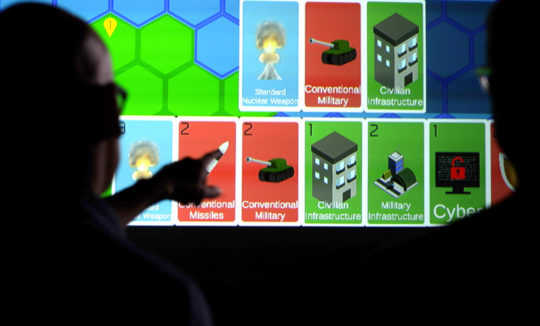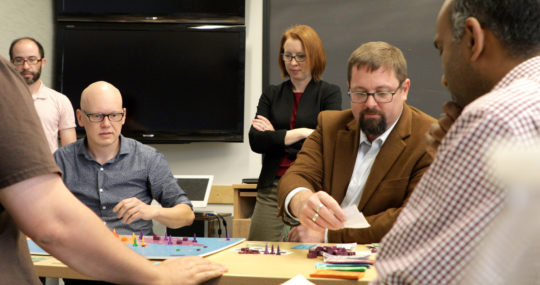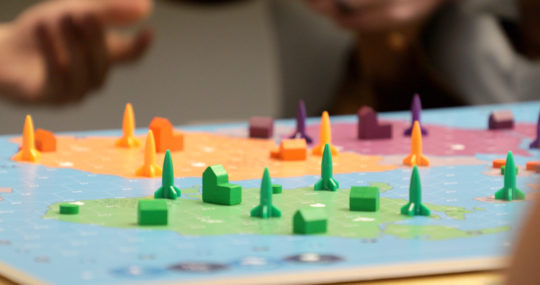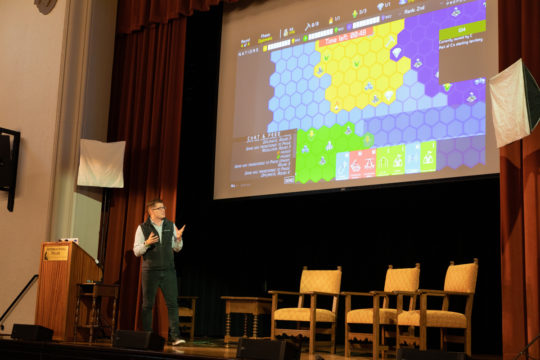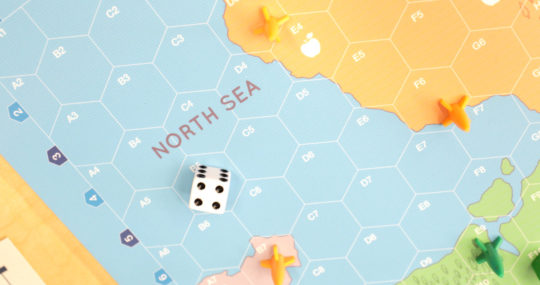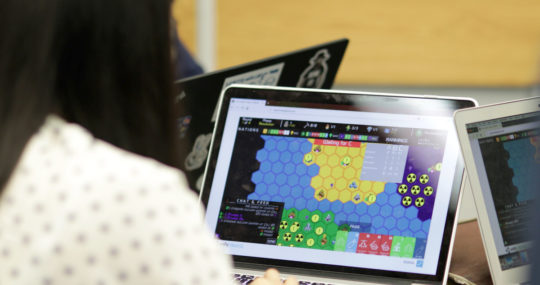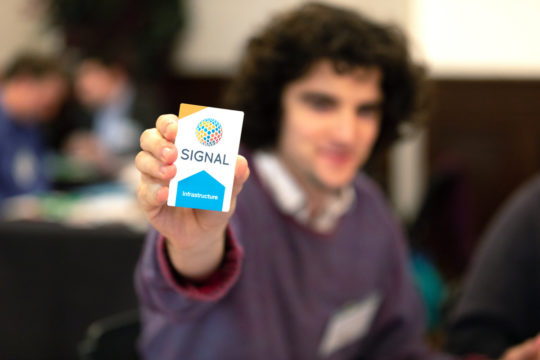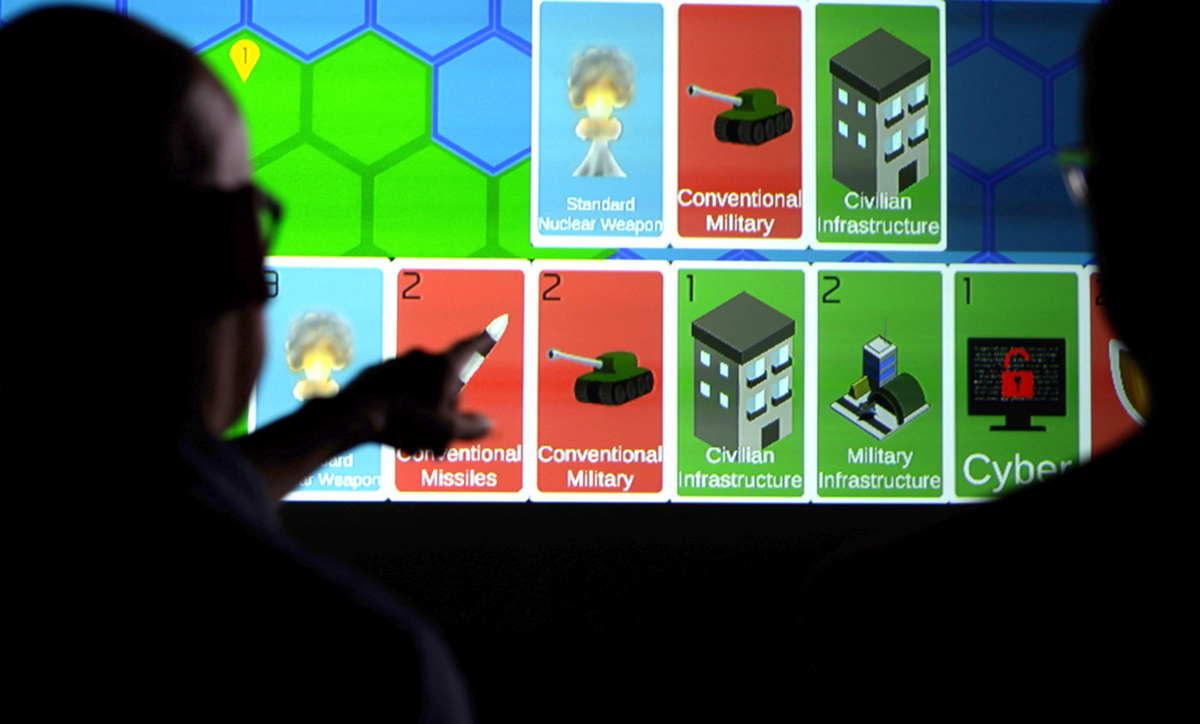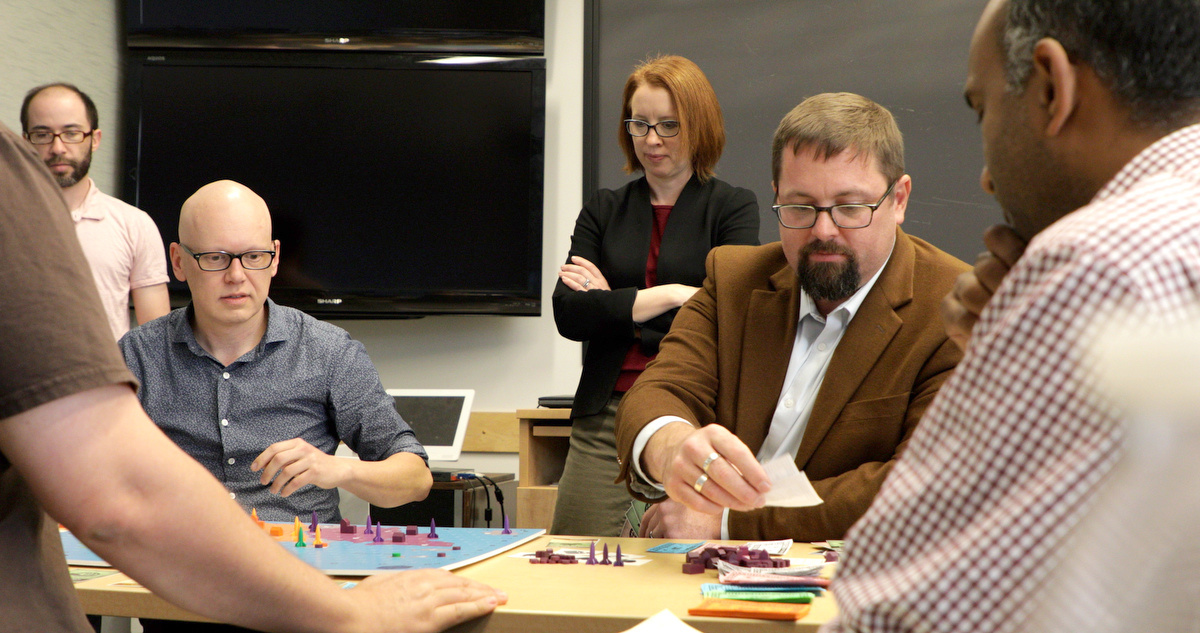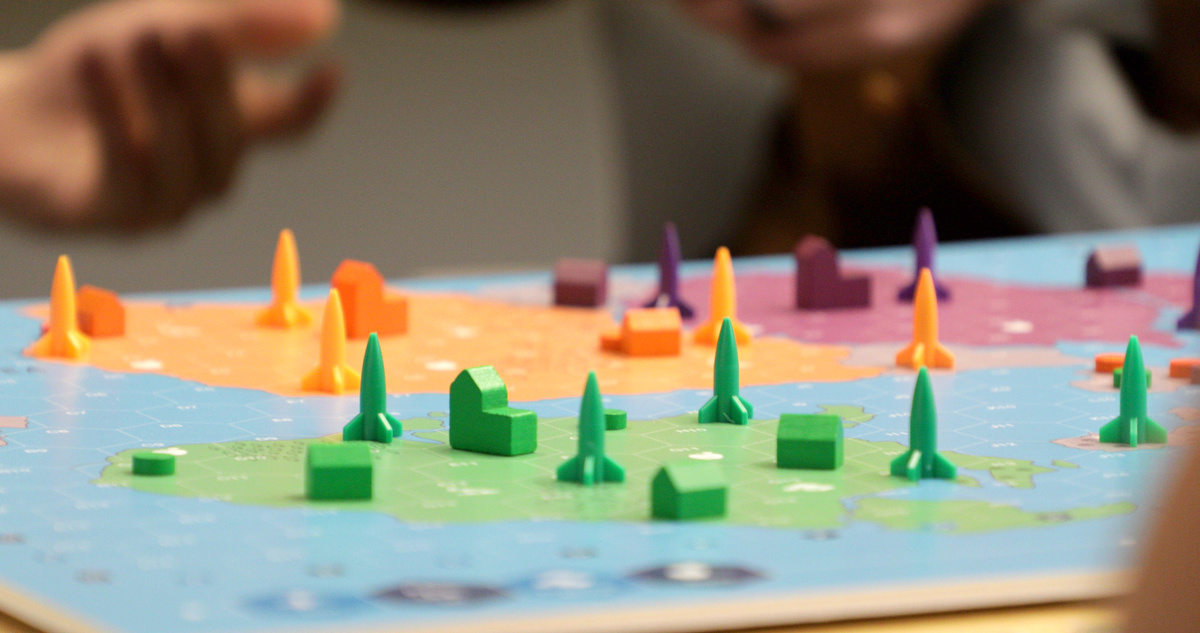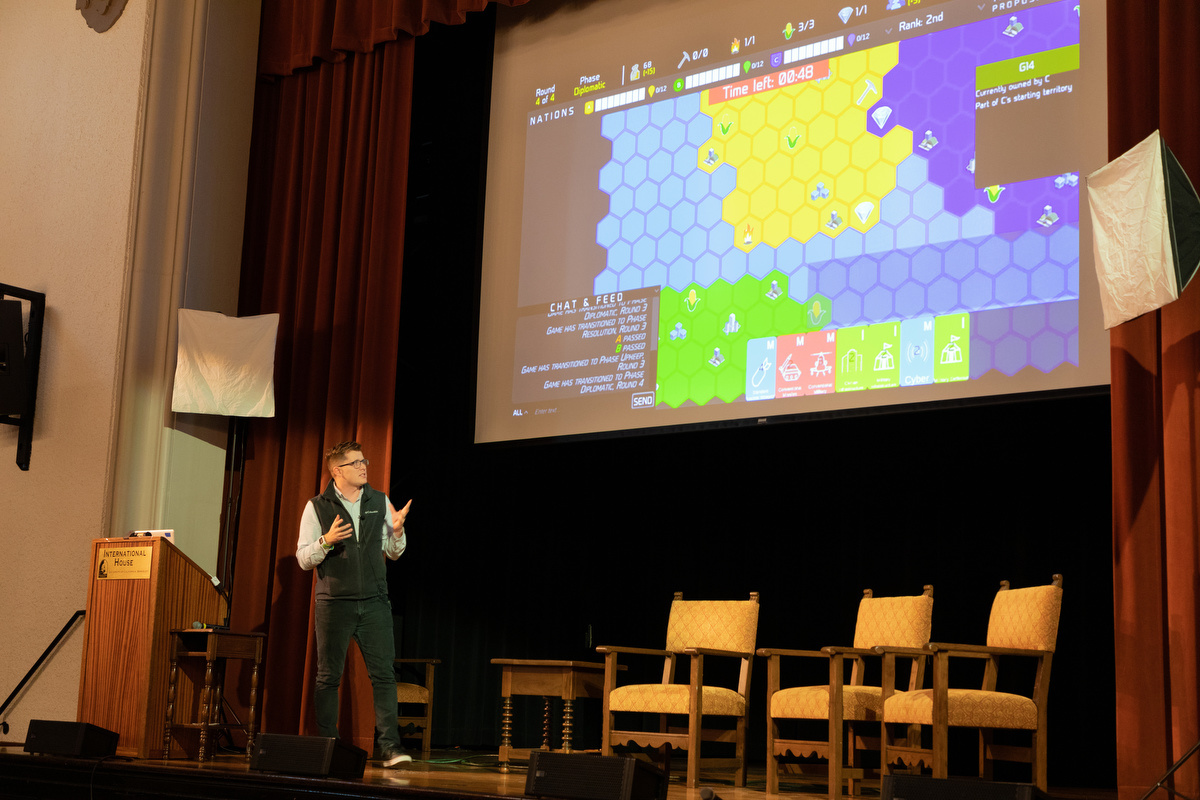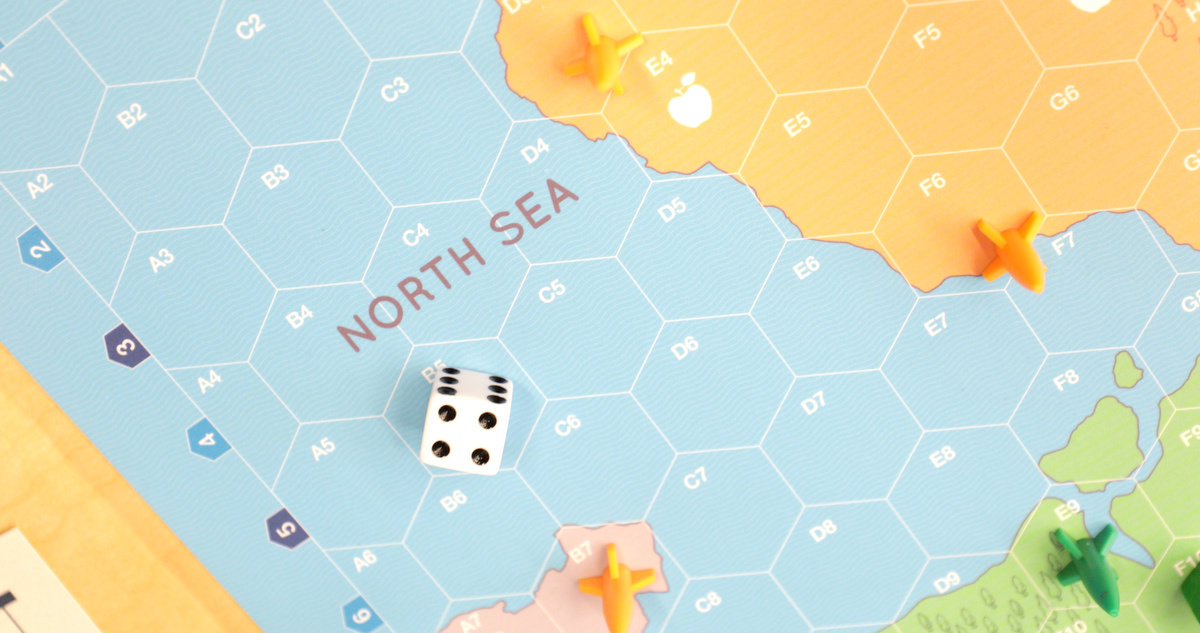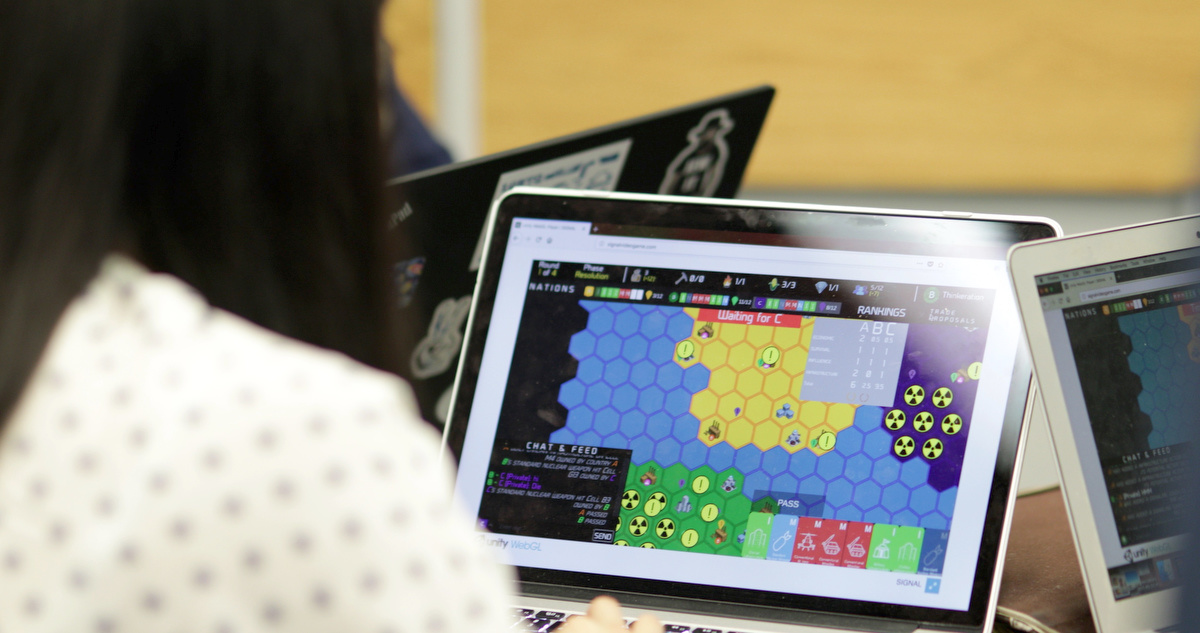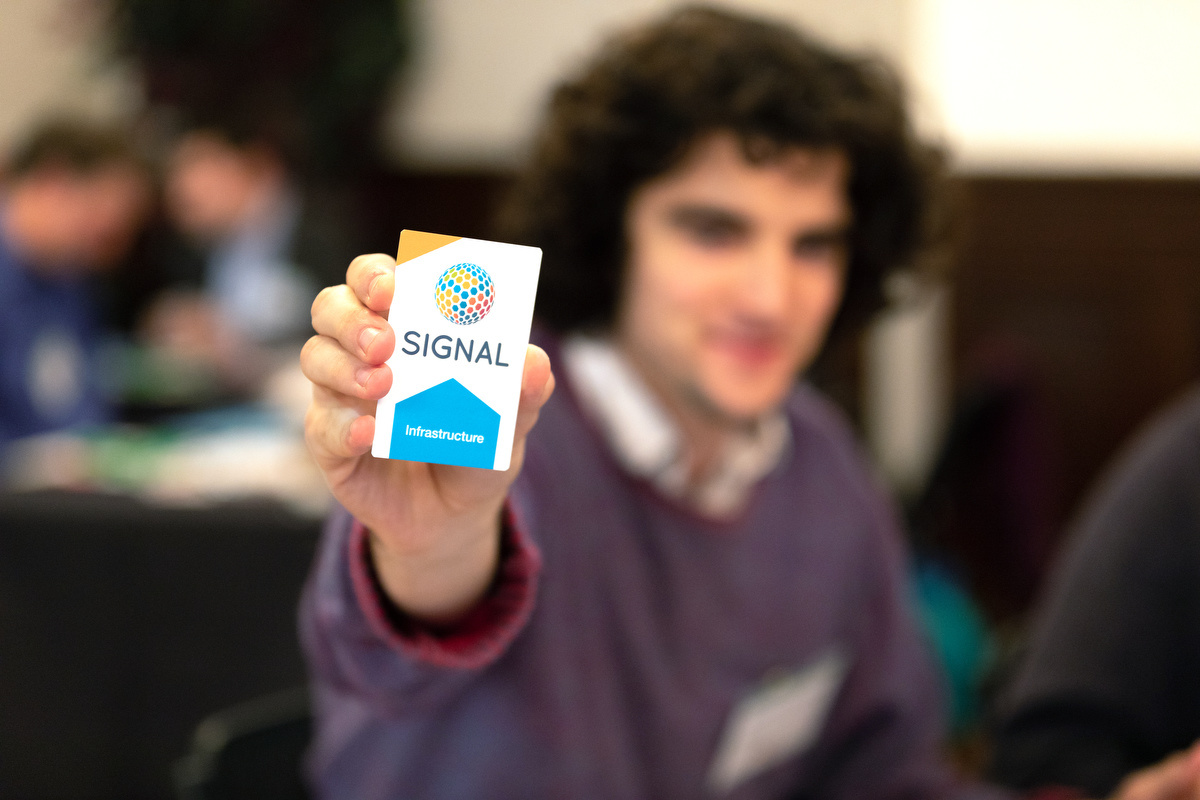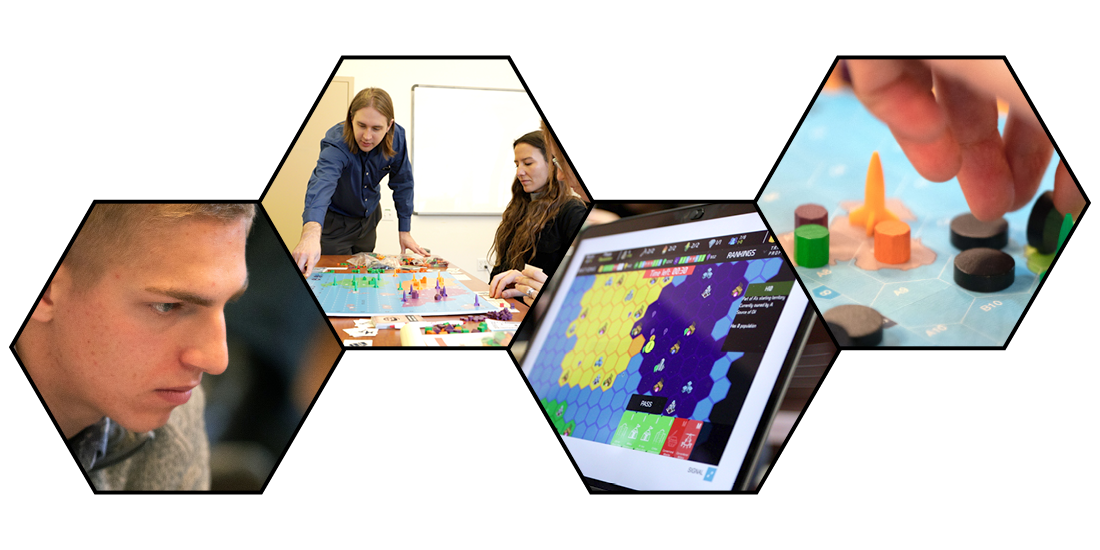
The science of war games
A first-of-its-kind online game is revolutionizing the field of war-gaming. Developed by Berkeley researchers in collaboration with colleagues from Lawrence Livermore National Laboratory and Sandia National Laboratories, this multi-player video game was custom-built to explore how nuclear weapons influence decision-making in a conflict.
Over the past century, small groups of military leaders and policymakers in the United States have played through scenarios of international conflict, and their insights influenced decisions about policies, strategies and tactics. But this approach has key shortcomings.
“Because you have a limited player set and only play through a few scenarios, you don’t really get enough data from these scenario-based discussions to draw statistical inference. You may only get an idea of how these specific people would react,” said Bethany Goldblum (M.S.’05, Ph.D.’07 NE), a researcher in the nuclear engineering department.
To overcome these limitations, the researchers leveraged state-of-the-art game engines and Amazon’s cloud computing platform to develop an online, multi-player game that can examine the dynamics of nuclear deterrence and conflict escalation by collecting data from thousands of games.
To build the game, the team relied on undergraduate and graduate students in the electrical engineering and computer sciences department and the School of Information. Under the guidance of Jonathan Whetzel from Sandia National Laboratories, the students created a game called SIGNAL from scratch and had a prototype in four months.
“The premise of the game is our research question: How does the introduction of different weapon capabilities escalate or de-escalate conflict?” said Whetzel. “So each player in our game is controlling a particular country, and the goal is to have the most influence in this fictional world. You can do this by building your population, investing in infrastructure or controlling resources via alliances or military force.”
While playing online, each player’s scores are updated in real time so they can see how their actions are impacting their position in the world. The data collected are anonymized and can be used as input for machine learning algorithms to create models of optimal behaviors given an experimental condition. These models can then create autonomous players that operate according to strategies in training data, as well as human-machine and machine-machine game play.
“SIGNAL is the first execution of this large-scale experimental gaming approach for examining conflict in a world with nuclear weapons,” said Goldblum. “This flexible gaming environment can be used to explore a variety of research questions and mimic various aspects of warfare.”
Berkeley’s effort on the project was a cross-disciplinary collaboration between the departments of electrical engineering and computer sciences, nuclear engineering, political science and the Goldman School of Public Policy.
- Read more: Bringing out the science of war games


